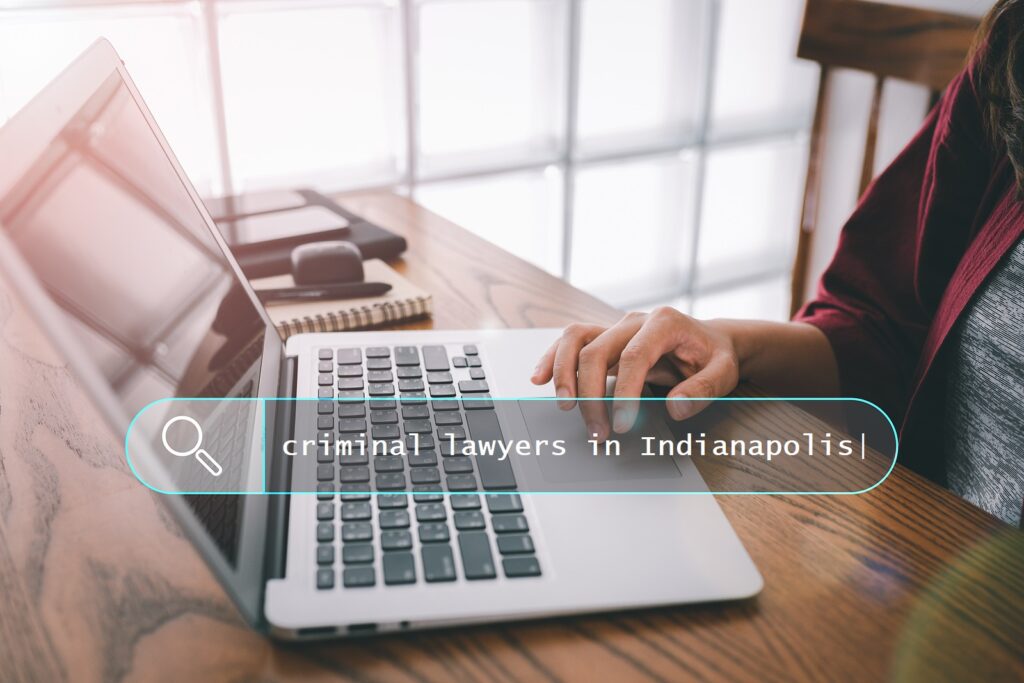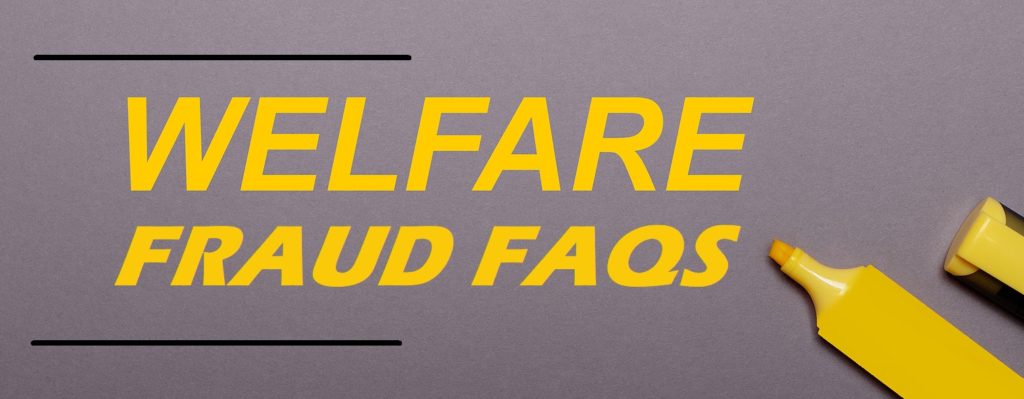We are likely all guilty of making threats from time to time. But threatening to run away from home or quit a job is a lot different than the type of threat that intimidates or harasses another. This type of threat is illegal. If you are wondering whether you could get arrested for threatening someone, the answer is, yes.
Continue reading to learn what constitutes an illegal threat, what penalties one may face if charged, and how to beat your criminal charges if arrested for the same offense in Indiana.

Indiana Laws on Harassment and Intimidation
Here in Indiana, if you threaten somebody, you are breaking the law, even if you never make physical contact with them. The act of threatening somebody can be described as remarks or statements that intimidates or places another person in fear. The actual law surrounding these types of offenses are incredibly complex and require the consultation and guidance of an Indianapolis criminal defense lawyer. You can read the extent of these laws by reviewing IC 35-45-2-1 and IC 35-45-2-2.
Harassment
There are some legal differences between harassment and intimidation. Harassment generally consists of behaviors that pester, bully, alarm, or aggravate another. Examples of harassment include prank phone calls, as well as excessive, unwanted, or obscene text messaging, phone calls, voicemails, emails, and appearing at one’s place of employment or learning institution.
Intimidation
Intimidation can be described as forcing someone to do something against their will, such as deliver an advantage, pay up money, or turnover property. Acts of intimidation communicate a threat that places a person in fear of retaliation or harm, whether physical or economic. In Indiana, intimidation is charged as a Class A misdemeanor, but in more serious circumstances, it could be charged as a Level 6 Felony.
Intimidation can be charged as a level 6 felony if it involves a police officer, school employee, church staff member, probation department employee, community corrections department employee, hospital employee, or even a witness in a pending criminal case. Upon conviction, a defendant can be sentenced up to two and half years in jail. Intimidation by use of a deadly weapon Is charged as a level 5 felony which is punishable by up to 6 years in jail.
Extortion
One of the most serious kinds of legal threats in the criminal justice world is extortion, which is a felony charge no matter where you are in the United States. If you threaten or intimidate somebody for the purpose of gaining property, advantage, or money, you are committing the crime is extortion. One example of extortion is blackmail.
Do you want to avoid the maximum penalties for your intimidation charges in Indiana? Contact Attorney David E. Lewis at 317-636-7514 to schedule a free initial consultation with a seasoned Indianapolis IN criminal defense lawyer you can trust. We also represent defendants charged in Indiana but who live in another state.
Related Posts:
Can I Be Arrested for Intimidating Someone?
The Difference Between a No Contact and Protective Order
What to Do if You are Facing Felony Assault Charges in Indiana






